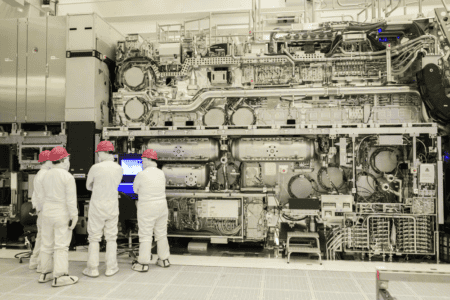Facebook researchers are experimenting with robotics to find out more about artificial intelligence. That’s what IT Pro says.
“Robotics offer important opportunities for the further development of artificial intelligence, because learning machines to learn things for themselves in the physical world helps us to develop more capable and flexible artificial intelligence systems for other scenarios,” says the Facebook research team.
Hexapod
“By working with a variety of robots – including walking hexapods, articulated arms and robot hands with tactile sensors – Artificial Intelligence researchers are exploring new techniques to push the boundaries of what Artificial Intelligence can accomplish.
The company’s research focuses on a hexapod robot – a robot with six legs – and reinforcement learning. Reinforcement learning is a machine learning process used to teach an algorithm based on positive and negative reinforcement in a specific development environment.
The research team states that its work aims to address the complexity associated with the use of advanced physical mechanisms, and to conduct experiments in the real world. These complex problems – where circumstances are more variable and uncertain, for example, and experiments have extra time limits – can be useful test cases for artificial intelligence.
More efficient learning
The Facebook project shows how the social network uses these self-controlled learning approaches to address major challenges in this field of artificial intelligence. It aims to develop robots that can move their environments and can explore them. The robots must also be able to manipulate the objects they encounter.
Facebook hopes that the research will eventually lead to more capable robots. In addition, the company hopes that it will lead to an artificial intelligence that can learn more efficiently and offer something that can be quickly and easily applied to other products.
This news article was automatically translated from Dutch to give Techzine.eu a head start. All news articles after September 1, 2019 are written in native English and NOT translated. All our background stories are written in native English as well. For more information read our launch article.

















